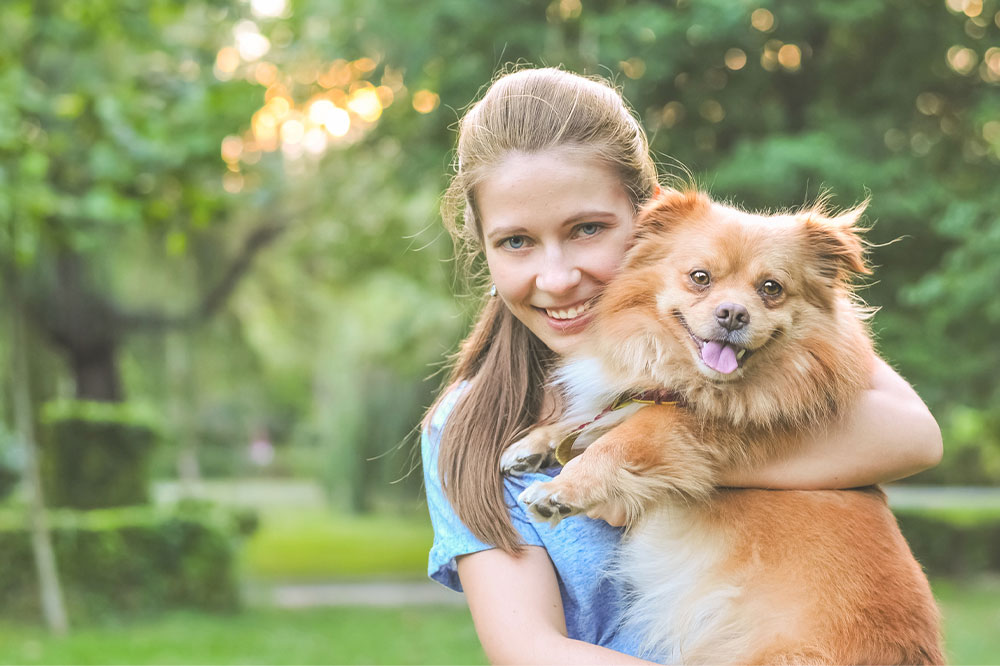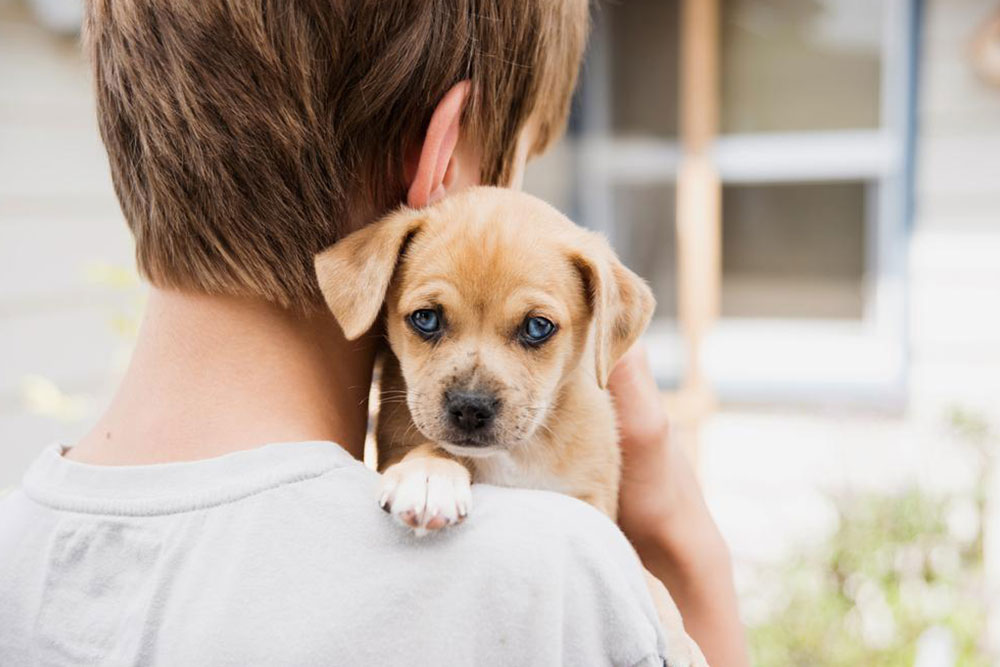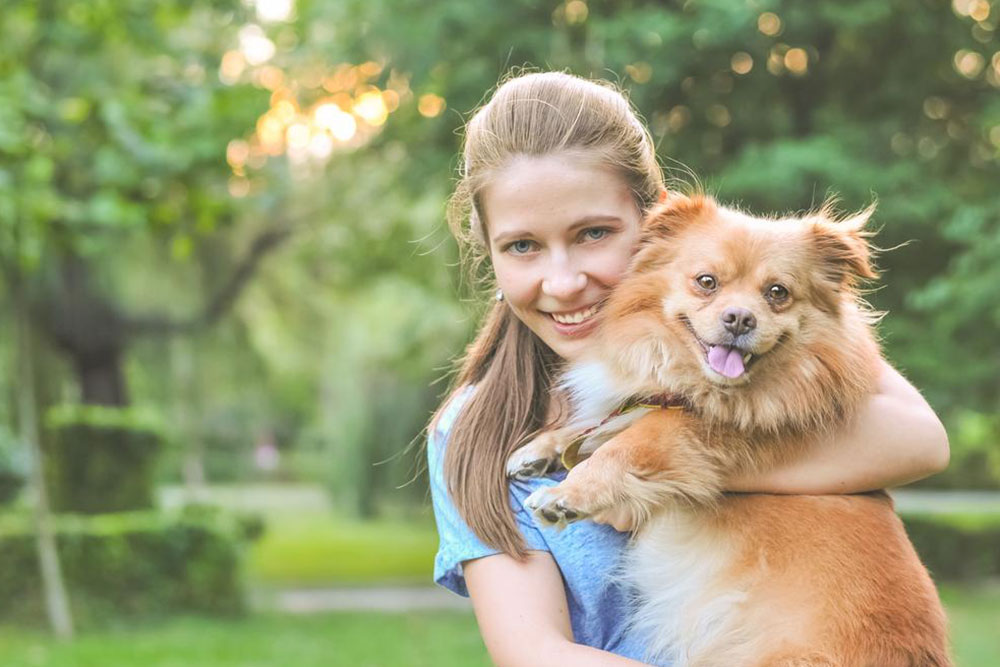Complete Guide to Dog Adoption: Giving Shelter Dogs a Second Chance at Life
Discover everything about dog adoption, from where to adopt, the process involved, costs, popular breeds, vaccinations, and how to provide a loving home for a shelter dog. Learn how giving a second chance can transform lives, both yours and the dog’s, fostering compassion and responsible pet ownership.

Comprehensive Guide to Dog Adoption: How to Offer a Shelter Dog a New Lease on Life
Considering welcoming a loyal canine companion into your home? Here's everything you need to know about dog adoption
Not everyone thrives in a bustling social environment; some people find immense joy and comfort in the company of a furry friend. Dogs have long been cherished as loyal, loving companions, earning the reputation as "man's best friend." Their presence can bring warmth, happiness, and a sense of purpose to households across the globe. The modern pet community increasingly emphasizes the importance of giving homeless dogs a second chance, promoting adoption over purchasing from breeders or pet stores. If you're contemplating adding a dog to your family and want to know how to participate in this compassionate effort, this comprehensive guide will walk you through every step of the process, highlighting the benefits, costs, and best practices for dog adoption.
Where can you adopt a dog from?
Historically, many individuals preferred purchasing purebred puppies from breeders, often at premium prices. These transactions typically involved significant costs and sometimes questionable breeding practices.
However, in recent years, animal welfare organizations, shelters, and rescue groups have actively promoted adopting homeless dogs to combat overpopulation and reduce euthanasia rates. Choosing adoption not only provides a home for a deserving animal but also alleviates the high demand for commercially bred puppies.
Moreover, if you encounter a stray dog or puppy in your neighborhood that appears to be abandoned or in distress, you have the opportunity to intervene directly by adopting or rescuing the animal. This grassroots approach has helped many dogs find loving homes.
No formal legal process is required to adopt a dog, but there are typical procedures to ensure a smooth transition.
How do you begin the dog adoption process?
Adopting a dog is a process similar to parenthood; it involves careful consideration, selection, and commitment. Your first step should be visiting local animal shelters and rescue organizations where numerous dogs await their forever homes.
During your visit, spend time interacting with the dogs to assess their temperament and compatibility. Once you find a suitable match, complete the necessary paperwork, which often includes an application form, a home environment assessment, and sometimes references.
Most shelters require a small adoption fee that helps cover vaccinations, spaying/neutering, microchipping, and other essential health services. Once all paperwork is finalized and fees paid, the dog officially becomes part of your family.
What is the typical cost involved in adopting a dog?
Animal shelters and rescue groups typically promote adoption as a life-saving measure and often waive fees or charge minimal amounts ranging from $50 to $300, making it an affordable option for many families.
Some centers, especially those that specialize in specific breeds or offer comprehensive health care packages, may charge between $200 and $400 for adoption.
In contrast, purchasing a dog from a breeder or pet store can cost anywhere from $1,500 to $3,000 or more, depending on breed, lineage, and pedigree. This higher expense includes the cost of the dog itself, along with any initial health procedures.
Popular small dog breeds available for adoption include:
Dachshund
Chihuahua
Yorkshire Terrier
Maltese
Pomeranian
French Bulldog
Border Terrier
Tibetan Spaniel
Italian Greyhound
Lowchen
Some of the larger dog breeds that make wonderful companions are also available for adoption:
While big dogs might seem intimidating due to their size, many are gentle, loving, and highly loyal to their families. They often excel as guard dogs, therapy animals, or active family pets. Popular larger breeds include:
Great Dane
German Shorthaired Pointer
Mastiff
Bernese Mountain Dog
Labrador Retriever
Golden Retriever
German Shepherd
Rottweiler
Standard Poodle
Collie
Essential vaccinations for newly adopted dogs include:
Vaccinations are crucial to protect your new pet from common and potentially deadly diseases. Vaccines recommended by veterinarians typically cover:
Rabies
Leptospirosis
Hookworm infections
Dry eye syndrome
Gastric dilatation-volvulus (Bloat)
Distemper
Parvovirus
Flea and tick prevention
Pica (if relevant)
Choosing to adopt a dog not only saves a life but also grants a deserving animal a safe, loving environment where it can thrive and become a loyal companion. Ultimately, responsible adoption is a rewarding experience that enriches both the dog’s and owner’s life, establishing bonds that last for years to come.





